Impress energy company which sells solar kits(PowerWall) in emerging markets around the world, aims to sell 6 million "home and community solar distributed solutions" by 2025, which will bring electricity to about 25 million people.
Although lithium-ion batteries are still in the early stages of recycling and reusing, the potential for both supply and demand is likely to be large.
A recent study by consultancy Circular Energy Storage found that many people underestimate the potential number, supply, and reusability of lithium batteries for secondary use, especially from the automotive industry. China is expected to dominate the $45 billion lithium-ion battery market by 2030. The study also put the cost of secondary batteries at $45 per kilowatt-hour.
Multiple suppliers of home solar systems or microgrids are aware of the trends in emerging economies for solar + energy storage solutions that not only provide lighting but also for mobile phone charging and other power supply functions. Mobile payment systems and pay-as-you-go technology are also widely used in Africa, where the market is open to new technologies in rural electrification.
The cost of lithium-ion batteries has been falling, and the mass production of lithium-ion batteries due to increased demand for electric vehicles is a major reason, along with the deployment of energy storage systems for residential solar power systems. As the feasibility of deploying these systems increases, so does their size.
As electrification progresses, people want to be able to use battery storage systems to power their businesses, not just their homes. We also see that we are at a turning point. Several companies are still using lead-acid battery systems, but are moving to lithium-ion battery storage systems in the hope that the solution will not only be cost-effective but will be recyclable at the end of its life.


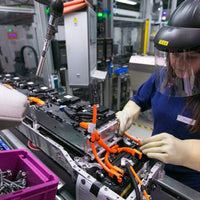
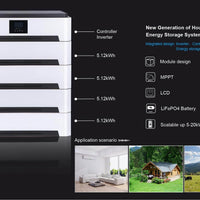
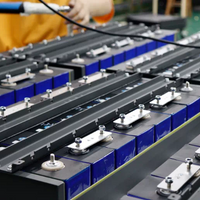
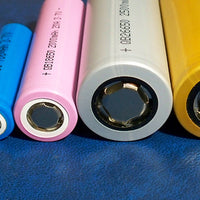
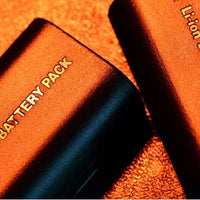
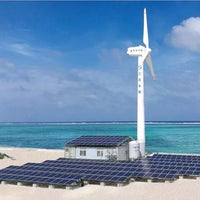
0 comments